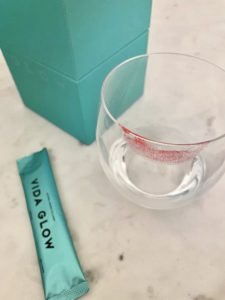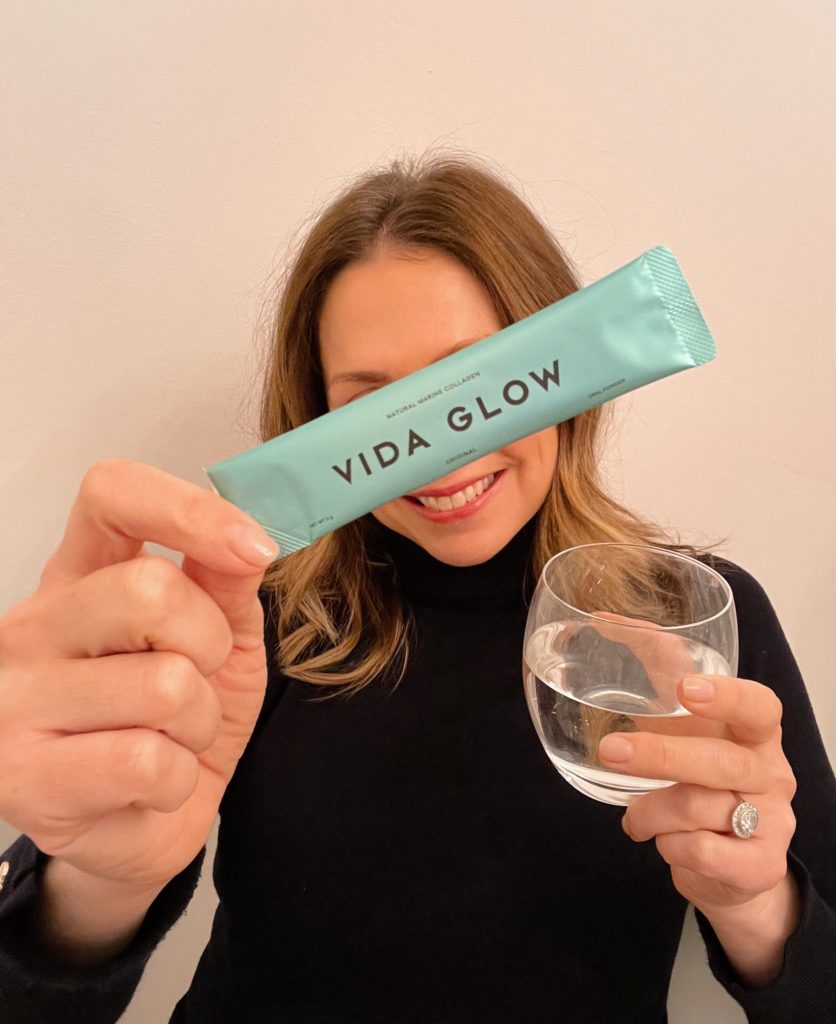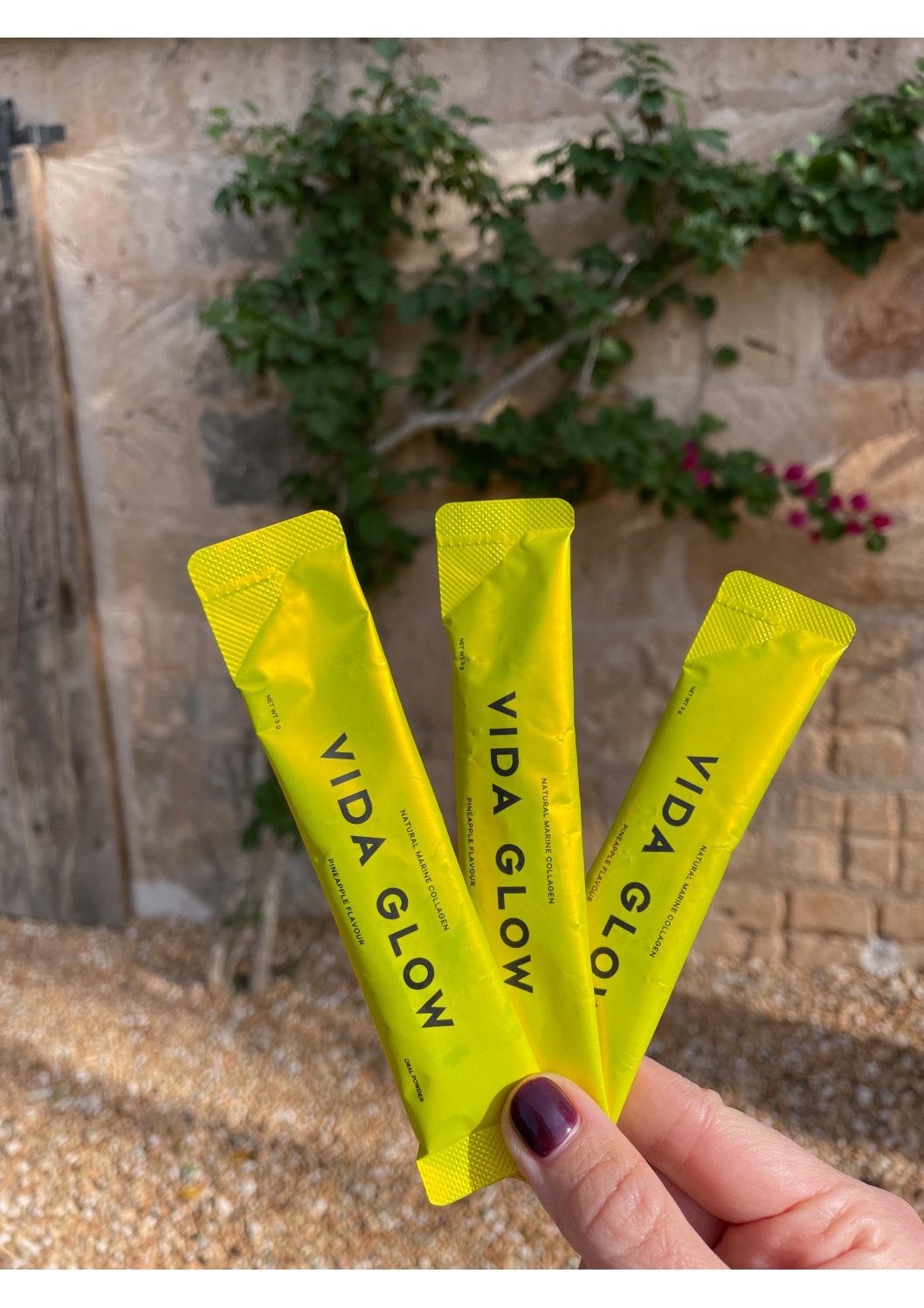Blog
Podcast - Coming Soon
skin care shop
Listen to podcast
Order my latest best selling book!
Order now
new!
Home
About
Books
Shop
Contact
Work with me
Videos
My Little Black Book
Face Trainer Academy
Glow Plan Course
Virtual Consultations
In-Person Appointments
read the blog
This is a question I get asked A LOT and if you had asked me 5 years ago I would have probably said they are a waste of time and money. HOWEVER I am now a firm believer in their benefits, new formulations and a whole lot more research as well as my on personal experience with taking collagen supplements and feedback from clients and followers who also feel and see improvements, not only in their skin.
Firstly what is collagen?
Collagen forms the foundation building blocks of our body, skin hair and nails. From about the age of 25 our collagen production naturally slows down. Visible signs of ageing start to slowly creep up on use, I generally find it’s the fine lines under the eyes that are those first little visible cues. This decline continues throughout our adult life and for women this dramatically increases around the menopause.
What causes collagen loss?
There are MANY factors other than just the ageing process that can speed up and impact on our collagen levels and productions.
Stress – Stress, anxiety and overwhelm trigger our nervous system and a cascade of chemical processes that affect our skin on a cellular level, causing inflammation, collagen breakdown and accelerated ageing. Stress can also alter the production of collagen and directly impact the elasticity and radiance of our skin. The more stressed you are, the older you’re likely to look. It might not be showing on the skin just yet, but it can catch up with you over the years.
Inflammation – inflammation also affects fibroblasts. Located within the skin’s connective tissue, they’re responsible for producing collagen and helping to maintain the skin structure. When their function is impaired, collagen begins to break down. Over time, this low-level, chronic inflammation can cause the skin to become dry, dull and uneven in tone. Its texture becomes less smooth, we notice our skin is less firm, and lines and wrinkles begin to appear and set in. We’re inflammageing.
Declining hormones – Throughout our lifetime, oestrogen levels tend to peak around our late twenties, decreasing by 50 per cent at the age of fifty and dropping off during menopause.65 Oestrogen promotes skin elasticity, hydration and thickness, giving us a plump, dewy glow.66 As oestrogen levels decline, collagen production within both our skin and bones slows. Our skin loses its tone, plumpness and structure, so wrinkles appear.
And not forgetting aspects such as UV damage, pollution, and poor diet and lifestyle!

What type of collagen supplements are best?
Firstly, there are two main sources of collagen: marine (derived from fish) and bovine (derived from cows) (There is also vegan collagen derived from plant) While both have been proven to support your skin, studies have stated that marine-based collagen can be absorbed 1.5 times more efficiently than other collagen sources due to the size of the peptides. Once hydrolysed, marine collagen peptides are much smaller than collagen made from beef and pork, meaning it’s more effective in restoring collagen to a deeper layer of skin, hair and nails. Likewise, collagen from our diets is difficult to absorb due to the large molecular size – making hydrolysed Natural Marine Collagen the most efficacious way to replenish collagen and deliver visible benefits.
Why take collagen supplements?
The first thoughts on collagen supplements is that we are digesting them so it wont have a direct impact on the skin and to some degree that’s correct. HOWEVER its about giving our bodies the best form of nutritional building blocks to enable it to easily convert that into collagen. Collagen peptides when digested can stimulate increased collagen, elastin and hyaluronic acid production within the skin. However, results are dependent on dose, quality, and the skin’s own collagen requirements.
I have been trying a brand called Vida Glow
- Natural, hydrolysed marine collagen peptide (Hydrolysed means the body can use it more effectively)
- Sustainably sourced from fish skin
- Clinical trials have shown results within 3-4 weeks of daily use, showing wrinkle reduction after 6 weeks and an increase in elasticity and firmness by 9 weeks
- Ease of use! You know how much you are taking (You can take up to 3 sachets a day)
- 5 different “flavours” I personally like the pineapple and the flavour free.

The thing with collagen supplements you do need to take them regularly and for enough time to see results. I personally feel at least 2 skin cycles (approx. 2-3 months) then ideally continue taking.
contact
WORK WITH ME
© Abigail James . All rights reserved clinic@abigailjames.com . site credits
BOOKING CONDITIONS
face trainer academy
the glow plan online course
virtual consultation
. privacy policy
